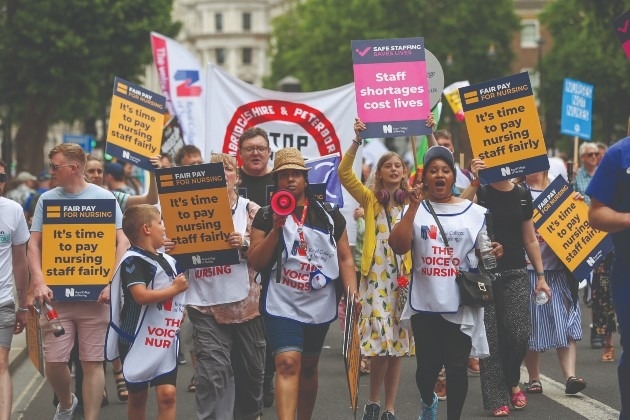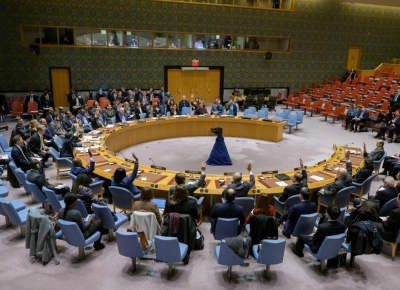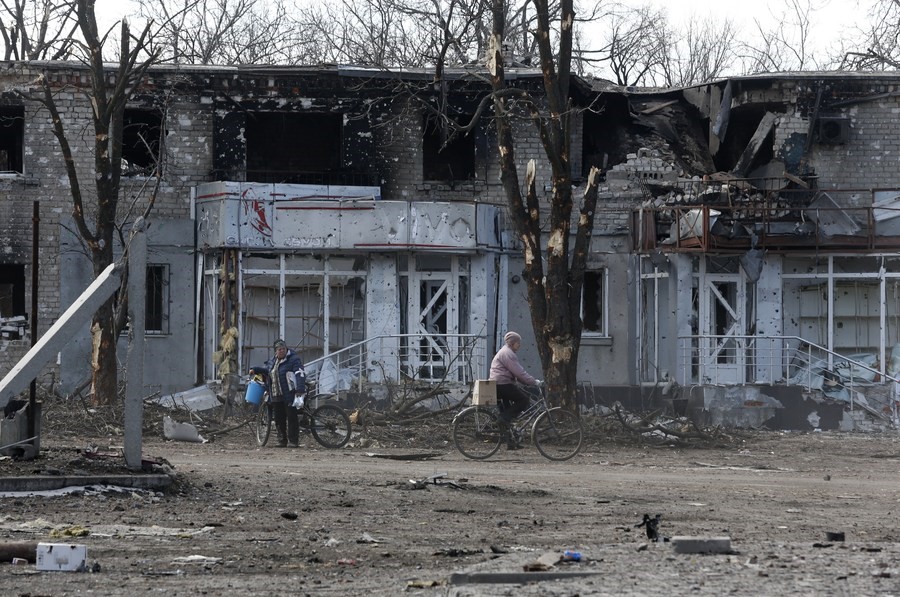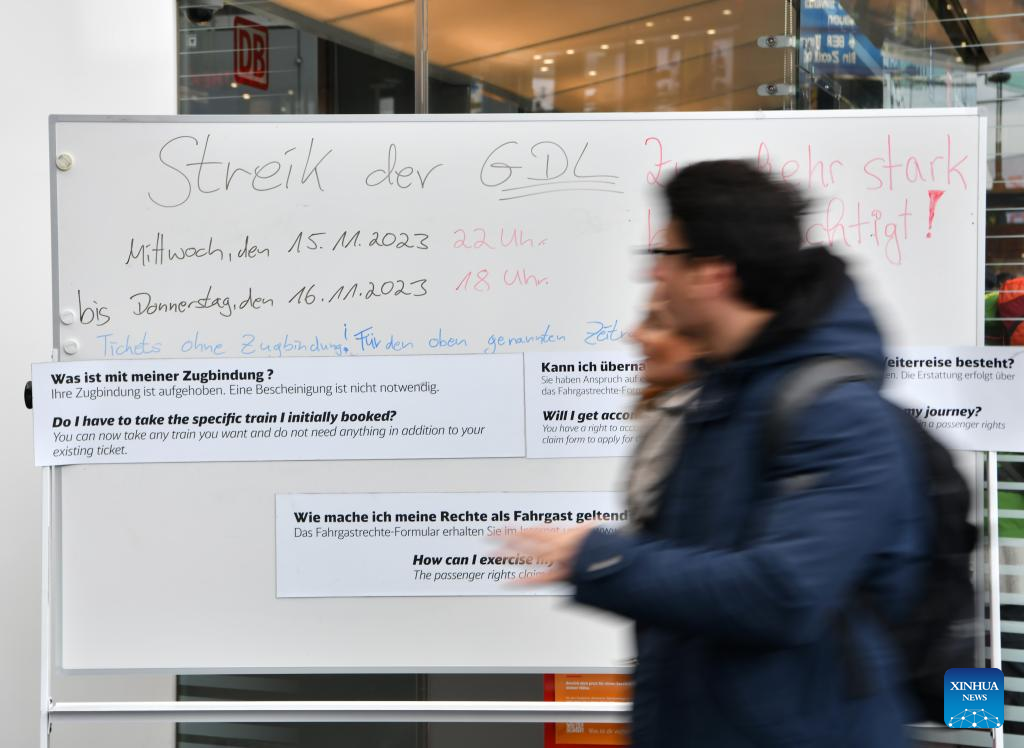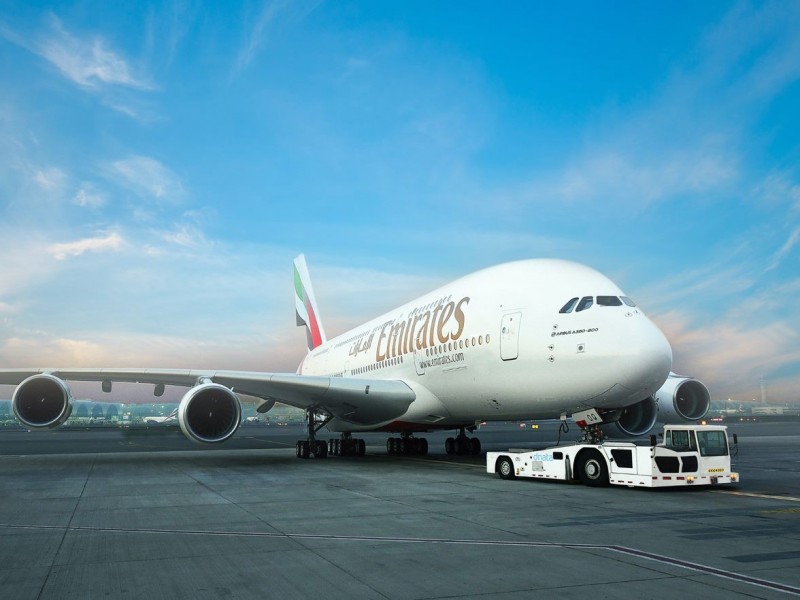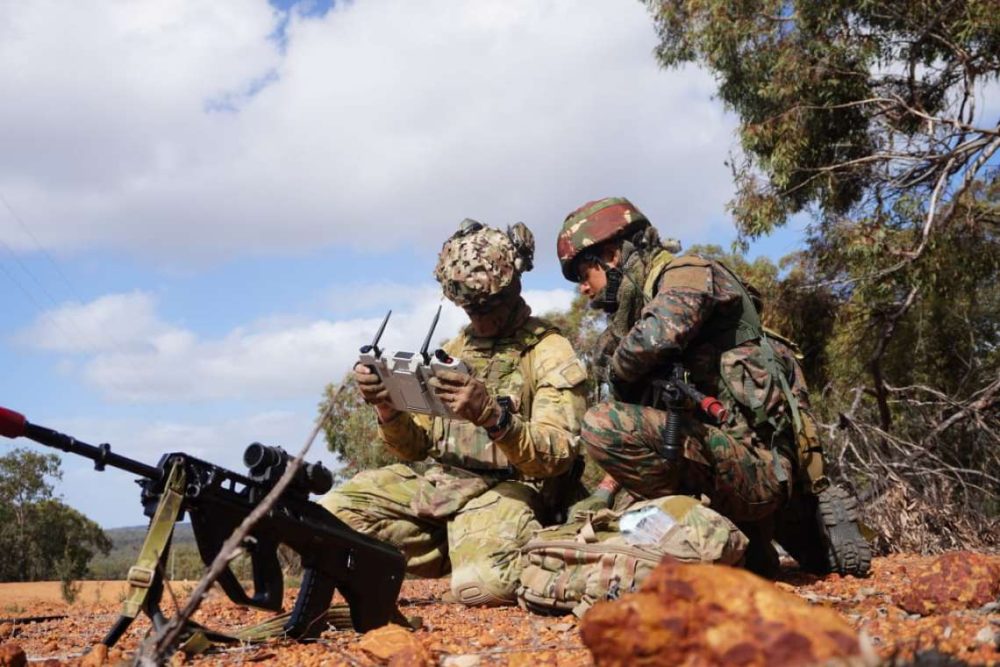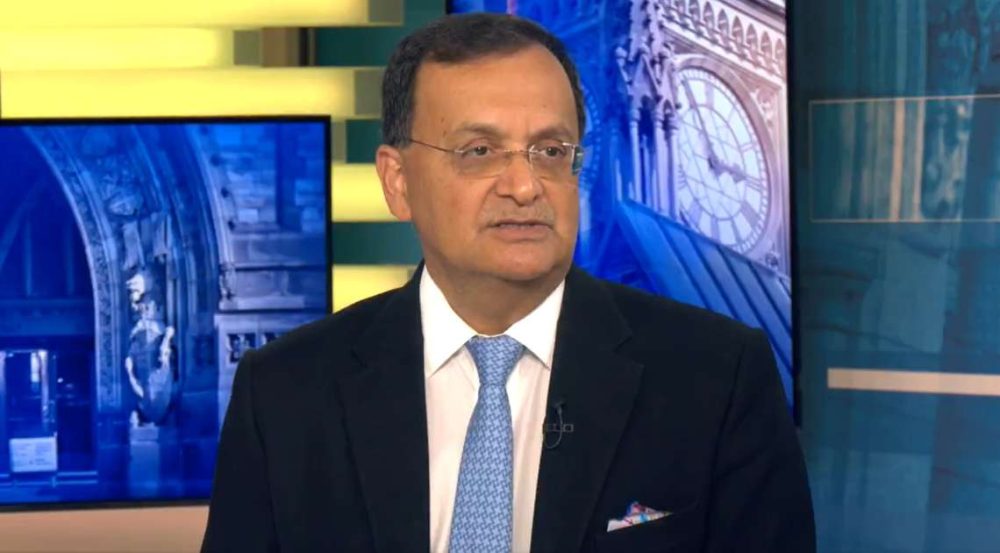Civil servants will join nurses, who have already backed stoppages in a ballot. Teachers are also in the process of voting on potential strikes in the new year, while Unison is balloting more than 300,000 NHS workers…reports Asian Lite News
Some 100,000 civil servants on Thursday voted to strike, in the latest industrial action to hit a country wracked by a cost-of-living crisis.
More than half of members of the Public and Commercial Services (PCS) union working in 126 employer areas including in the Home Office, Department for Transport and the Department for Work and Pensions voted to strike, exceeding the 50 percent threshold needed to trigger a walkout.
“The government must look at the huge vote for strike action across swathes of the civil service and realise it can no longer treat its workers with contempt,” said PCS General Secretary Mark Serwotka.
“Our members have spoken and if the government fails to listen to them, we’ll have no option than to launch a prolonged programme of industrial action reaching into every corner of public life. Civil servants have willingly and diligently played a vital role in keeping the country running during the pandemic but enough is enough,” he added.
Union bosses are demanding a 10 percent pay rise to match the country’s high inflation rate.
The cost-of-living crisis is leading to widespread UK strikes, with train workers, legal staff, dockers and even nurses among those walking out.
It comes after government announced plans to reduces civil servant jobs by 91,000 and proposals to cut redundancy pay by an estimated 25.9%.
A string of unions have voted for industrial action in recent months, bringing disruption to industries including transport and the legal profession.
The Associated Society of Locomotive Engineers and Firemen (ASLEF) union also announced on Thursday that train drivers working for 12 British operators will go on strike on 26 November in an ongoing dispute over pay.
Teachers in Scotland have also voted to strike, the country’s largest teaching union announced on Thursday.
It follows an announcement by the Royal College of Nursing, on Wednesday, that nurses have voted to walk out over pay, marking the first time UK-wide strike action has been taken by RCN members in its 106-year history.
Labour leader Sir Keir Starmer said he didn’t want to see industrial action but understands “why people are going down that route”.
Speaking to BBC Look North’s Peter Levy, Sir Keir claimed a Labour government would “resolve” issues over pay and staffing in the NHS, promising “the cavalry is coming”.
Civil servants will join nurses, who have already backed stoppages in a ballot. Teachers are also in the process of voting on potential strikes in the new year, while Unison is balloting more than 300,000 NHS workers.
With inflation at 10.1% and many public sector workers having suffered a decade of pay restraint, the scene has been set for a fierce confrontation.
The chancellor, Jeremy Hunt, is expected to pencil in just 2% public sector pay rises in his financial statement next week, despite the clamour from unions, who say the cost of living crisis is hitting their members hard.
The Treasury says final decisions will be left to individual departments but ministers are unlikely to want to sign off more generous deals unless Hunt is willing to fund them.
Serwotka, previously suggested his members could take coordinated action, side-by-side with workers from other sectors striking in the coming months.
Recent research by the Institute for Fiscal Studies thinktank showed average public sector wages are 4% lower in real terms than 15 years ago – against a 0.9% reduction in the private sector.
Some public sector employers have said that stagnant wages are contributing to the challenges of hiring and retaining staff.
The NHS Confederation chief executive, Matthew Taylor, said recently: “Two of the words I hear most often when I speak to NHS and care leaders are Amazon and Aldi: and the reason I hear those words is because their staff are leaving to work in Amazon and Aldi.”
Strikes by railworkers represented by the RMT union were called off at the last minute last weekend, amid what they described as an offer of “intensive” talks over pay and working conditions.
It is unclear whether the arrival of a new transport secretary, Mark Harper, has helped to unlock the long-running dispute. Harper’s predecessor, Grant Shapps, had been blamed by the unions and Labour for blocking any progress.


